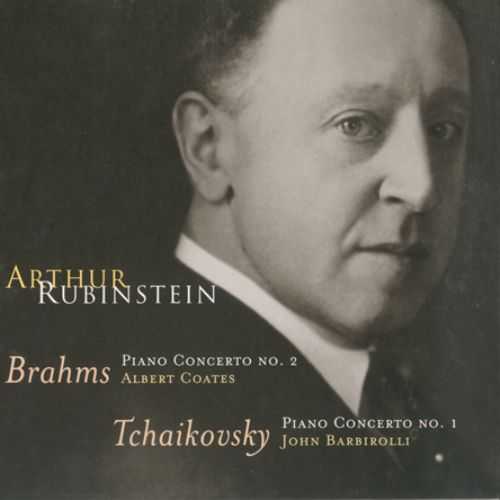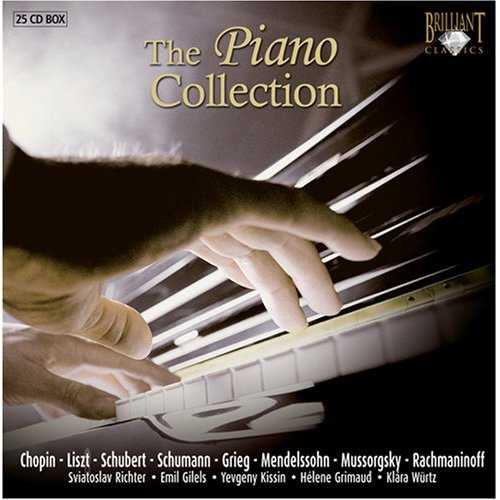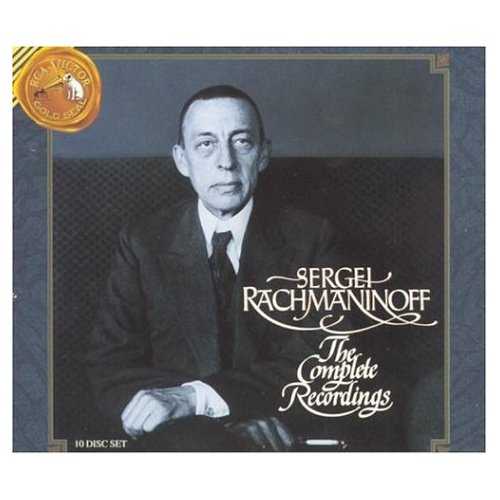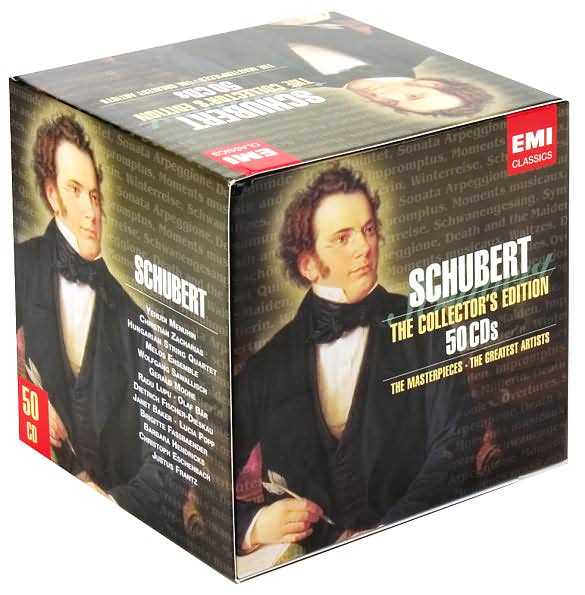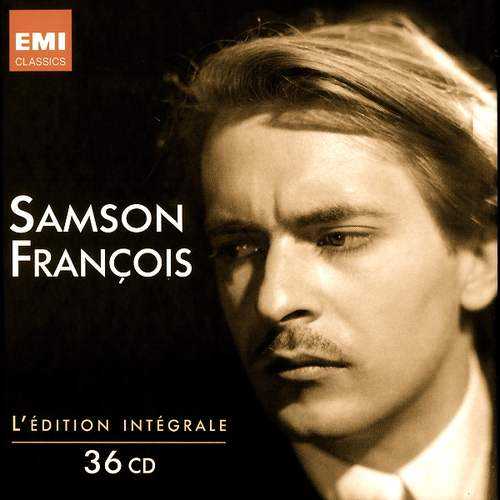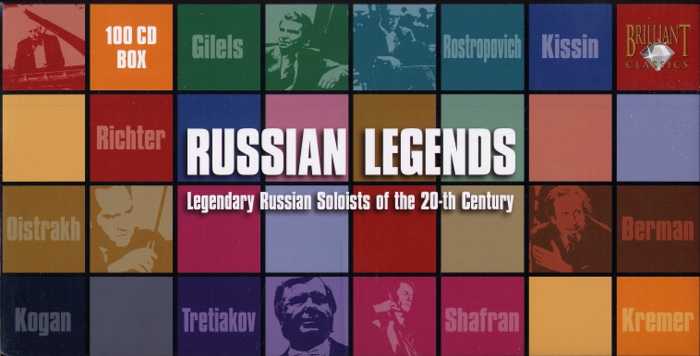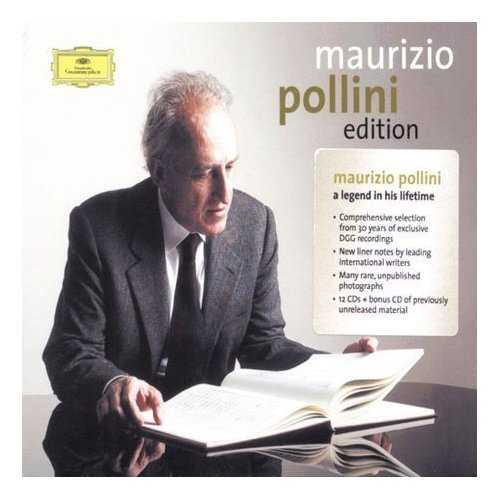Liszt
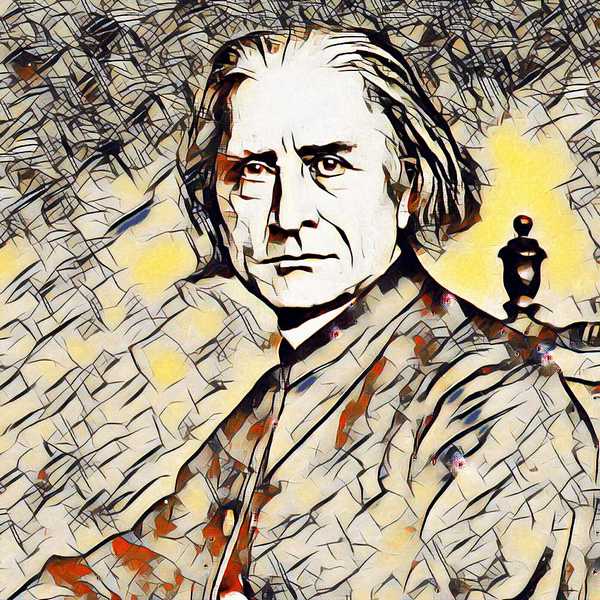
Franz Liszt (1811–1886) was a Hungarian composer, virtuoso pianist, conductor, and teacher, widely regarded as one of the greatest pianists of all time. His profound influence on the development of Western classical music, especially the Romantic era, is immense. Liszt was known for his exceptional skill and innovative techniques at the piano, revolutionizing the way the instrument was played. His performances were highly theatrical, earning him a rock-star-like status across Europe.
Born in Raiding, Hungary, Liszt showed prodigious musical talent from an early age. He was trained by Carl Czerny, a student of Beethoven, and later by Antonio Salieri. By his teenage years, he was already performing across Europe. His virtuosity was often compared to Paganini’s violin skills, and he captivated audiences with his dramatic playing style.
Liszt was not only a performer but also a prolific composer. His works, such as Hungarian Rhapsodies, Piano Concertos, and Transcendental Études, are known for their technical difficulty and emotional depth. He also pioneered the symphonic poem, a form that depicts a narrative or evokes a particular image. Liszt’s compositions pushed the boundaries of harmony, form, and expression.
Beyond his contributions as a pianist and composer, Liszt was also a notable conductor and teacher. He mentored many leading musicians of his time, including composers such as Richard Wagner and Alexander Borodin. In his later years, Liszt turned toward a more religious, introspective style, composing sacred music and taking minor holy orders in the Catholic Church.
Franz Liszt’s legacy as a virtuoso, composer, and innovator remains influential, shaping the course of piano performance and Romantic music.

